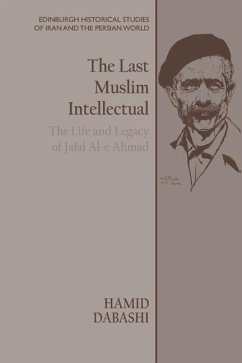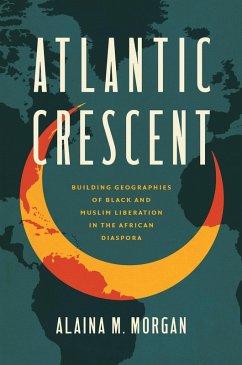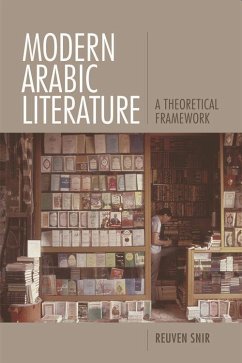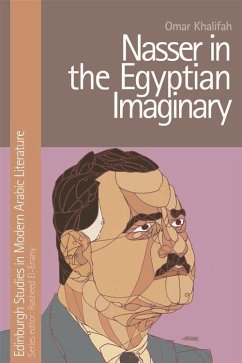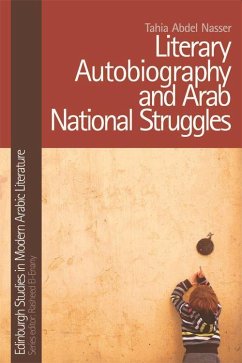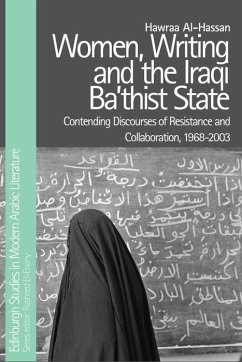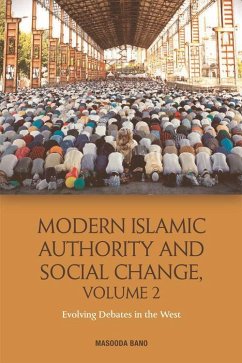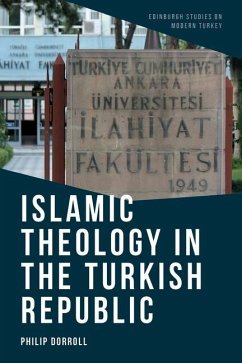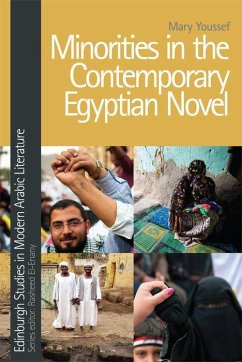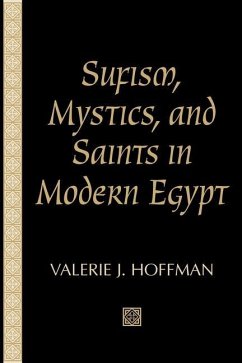
Prophetic Translation
The Making of Modern Egyptian Literature
Versandkostenfrei!
Versandfertig in über 4 Wochen
30,99 €
inkl. MwSt.
Weitere Ausgaben:

PAYBACK Punkte
15 °P sammeln!
Considers the changing role of literary translation in Egypt from the 1910s to the 1940s In this novel and pioneering study Maya I. Kesrouany explores the move from Qur'anic to secular approaches to literature in early 20th-century Egyptian literary translations, asking what we can learn from that period and the promise that translation held for the Egyptian writers of fiction at that time. Through their early adaptations, these writers crafted a prophetic, secular vocation for the narrator that gave access to a world of linguistic creation and interpretation unavailable to the common reader o...
Considers the changing role of literary translation in Egypt from the 1910s to the 1940s In this novel and pioneering study Maya I. Kesrouany explores the move from Qur'anic to secular approaches to literature in early 20th-century Egyptian literary translations, asking what we can learn from that period and the promise that translation held for the Egyptian writers of fiction at that time. Through their early adaptations, these writers crafted a prophetic, secular vocation for the narrator that gave access to a world of linguistic creation and interpretation unavailable to the common reader or the religious cleric. This book looks at the writers' claim to secular prophecy as it manifests itself in the adapted narrative voice of their translations to suggest an original sense of literary resistance to colonial oppression and occupation in the early Arabic novel. Key Features: Case studies of Arabic adaptations of European literature (including works from Chateaubriand, Carlyle, Dickens and Voltaire) contribute to an understanding of the development of the modern Arabic novel today Explores the exchange between the Arabic and the European novel in an original and radically comparative framework Shows how different translation trends signal the emergence of literature as a historical and aesthetic field Draws on translation, literary and post/colonial theory to rethink nahda literature's contribution to the post 1950s Arabic novel Maya Kesrouany is Assistant Professor of Modern Arabic Literature at New York University Abu Dhabi (NYUAD).




